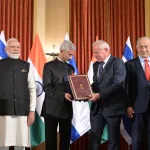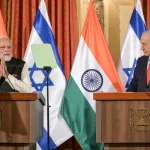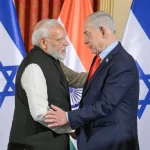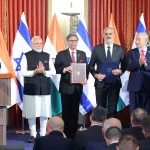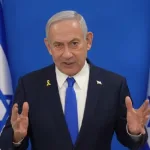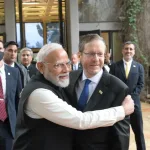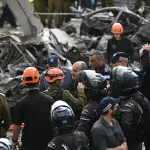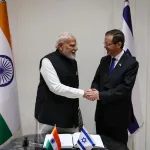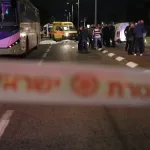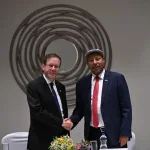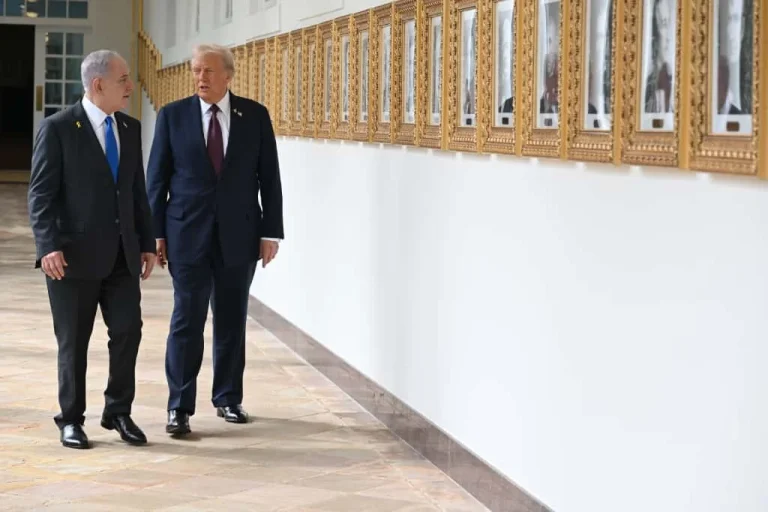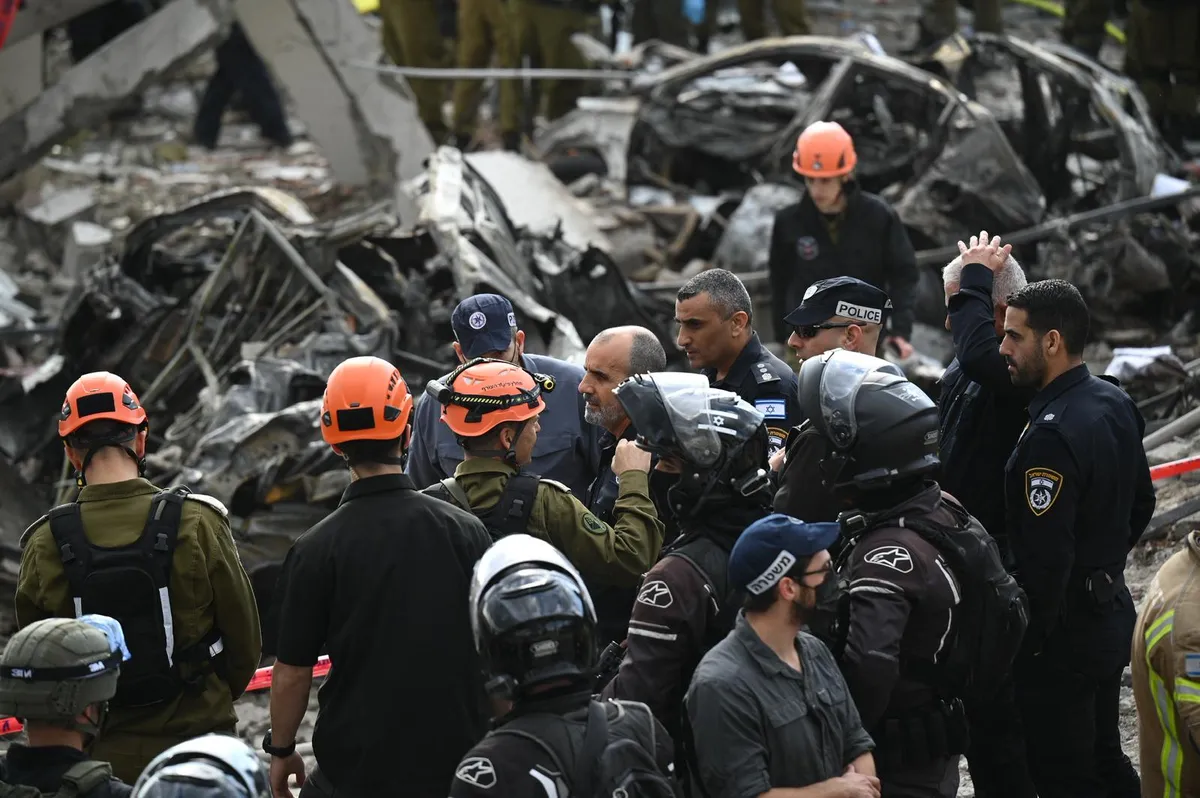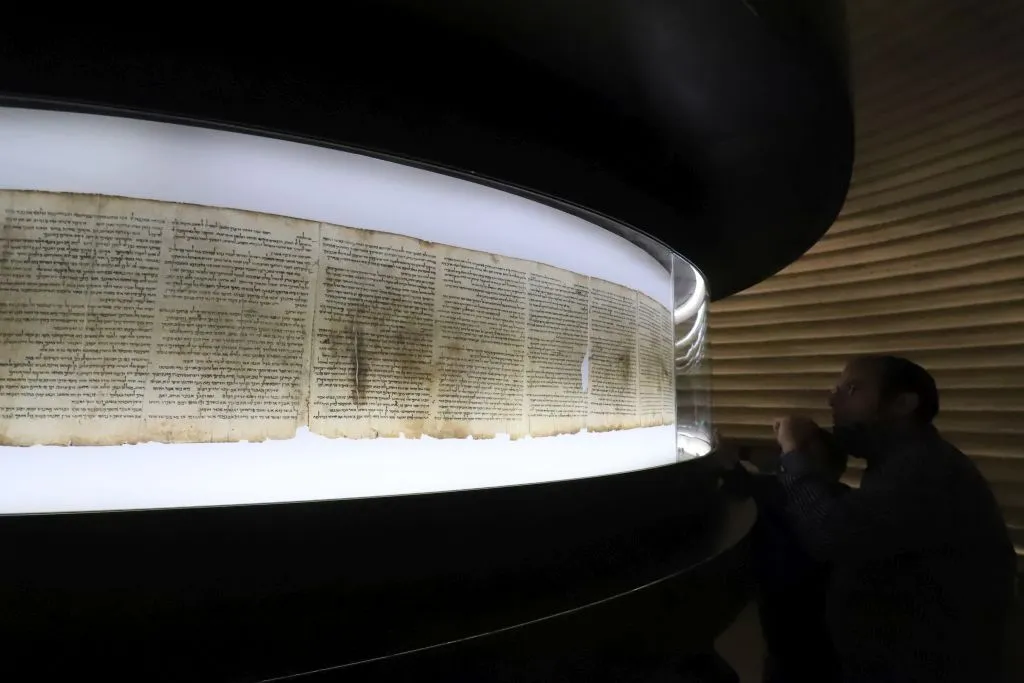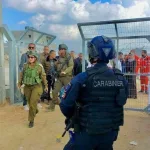Jerusalem, 29 September, 2025 (TPS-IL) — Families of Israelis held in Gaza and political leaders offered a mix of cautious hope, praise, and frustration following the joint press conference Monday in which us president Donald Trump and prime minister Benjamin Netanyahu outlined a plan to end the war in Gaza.
The Tikva Forum, representing families of abductees, welcomed the announcement, saying the statements reflected their priorities. “The statements are in line with our principles and commitment: the return of all the abductees in one fell swoop, the return of life to their families, and the return of the fallen to be buried in Israel,” the forum said. It added that defeating Hamas and ensuring it can “no longer pose a threat” was essential to prevent future kidnappings.
Still, the families emphasized that vigilance must continue until the agreement’s goals are fully met. “If Hamas violates its commitments, we demand that the United States and the prime minister fulfill their promise … to continue the military operation until the task is completed and all Hamas capabilities are destroyed,” they said.
Shas party chairman Aryeh Deri praised the joint effort, saying, “I congratulate US President Donald Trump and Prime Minister Benjamin Netanyahu, who are working in close cooperation to strengthen Israel’s security.” He expressed hope that the upcoming holiday would bring relief. “I pray that already during the upcoming Sukkot holiday, we will be able to see our kidnapped sons return to the bosom of their families, the reserve soldiers return to their homes — and we will all be able to enjoy a true ‘Sukkot of Peace.’”
Some families of the kidnapped responded with anguish and doubt. Vicky Cohen, the mother of soldier Nimrod Cohen, said, “Tonight, like all the last 724 nights, I will not close my eyes. Statements are nice, but my child Nimrod is not here tonight either. I don’t trust anyone until my child is home. I need my air back.”
From the opposition, Maj. Gen. (res.) Gadi Eisenkot, leader of the Yashar party, urged Netanyahu to put aside internal coalition pressures. “Prime Minister, you must ignore the political threats of extremists in your government. The people support the return of the kidnapped and there is a clear majority for this in the Knesset.” He said that while the deal may demand “difficult decisions,” its implementation could not be delayed further.
Trump’s ambitious 20-point blueprint to end the war in Gaza, presenting himself as both mediator and future overseer of the territory’s reconstruction — a plan Netanyahu publicly endorsed and challenged Hamas to accept. The package calls for an immediate ceasefire, the release of hostages within 72 hours of Israel’s acceptance, the dismantling of Hamas’s military infrastructure and a broad international reconstruction effort led by a U.S.-backed “Peace Council” that would include figures such as Tony Blair.
“This war could stop right now if both sides agree,” Trump said. The proposal would see Israel withdraw to agreed lines after a ceasefire, free hostages in exchange for the remains of Palestinians, and offer amnesty or safe exile to Hamas members who disarm. It envisions a technocratic interim Palestinian committee, an international stabilization force and large-scale humanitarian relief overseen by neutral agencies.
The President warned that refusal would bring continued force. “If Hamas refuses, Israel will have my full backing to finish the job.” Netanyahu called it both an ultimatum and an opportunity: “It guarantees that Gaza never again poses a threat to Israel.”
Approximately 1,200 people were killed and 252 Israelis and foreigners were taken hostage in Hamas’s attacks on Israeli communities near the Gaza border on October 7. Of the 48 remaining hostages, about 20 are believed to be alive.



